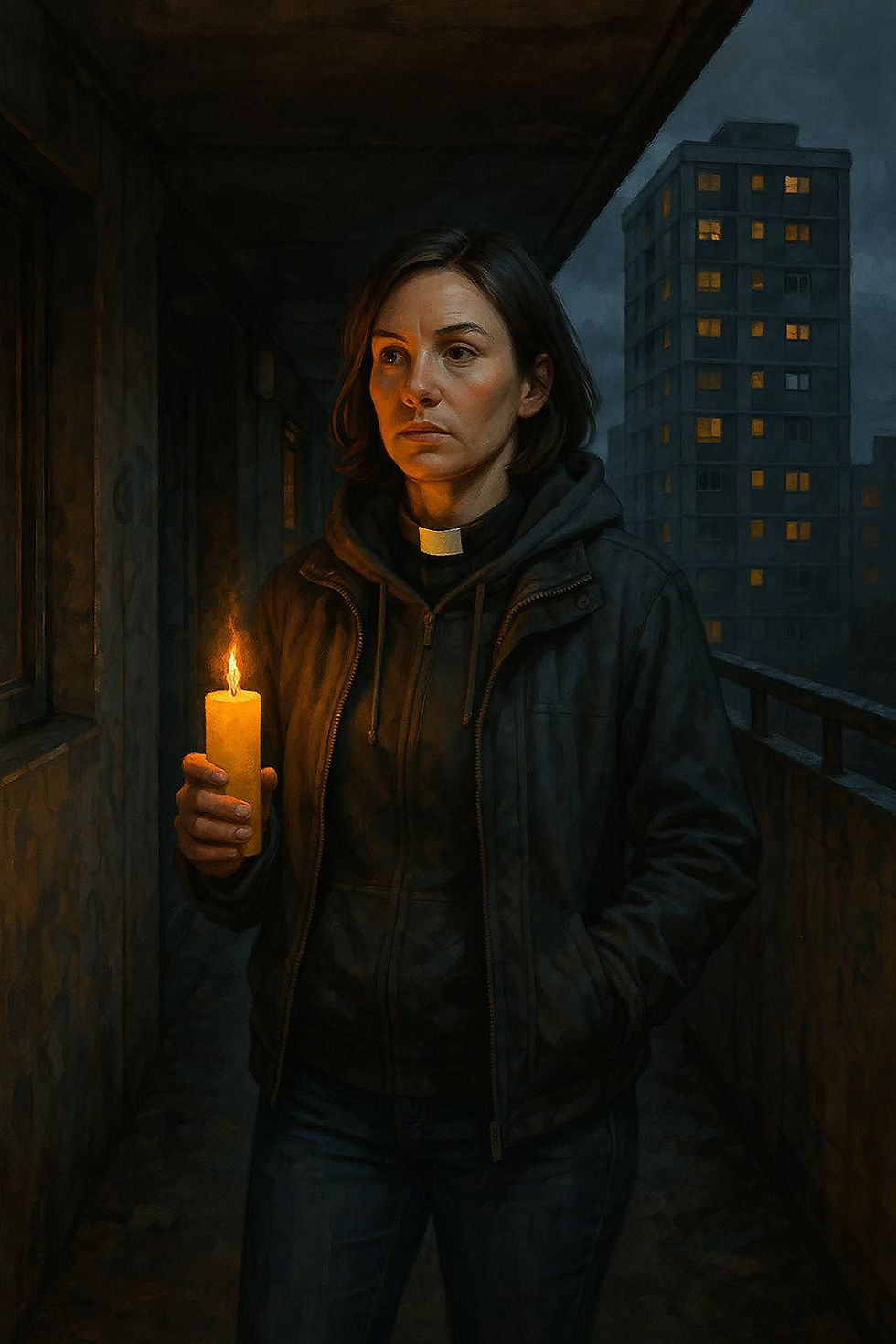Addiction and the Church
- Jon Swales
- Nov 24, 2024
- 3 min read
Physical health, mental well-being, relationships, finances, safety, identity—these are just a few of the things profoundly impacted by those walking the painful road of addiction. For those of us in a pastoral or counseling relationship with an addict, it’s hard not to find ourselves asking:
- Why?
- Why do you keep doing this when the consequences are so clear?
- Why do you keep throwing your life away?
These questions can come from a place of love, but when frustration rises, they can begin to sound more like accusations. They leave us feeling helpless, angry, or simply heartbroken. Why? Why? Why choose something that destroys so much?
But there is another way—a gentler, Christ-like way—that doesn’t ignore the devastation addiction brings but invites us to understand it with a heart of compassion.
Behind every addiction, there is a wound. Behind every addict is a hurting soul—an image-bearer of God, battered and bruised by the storms of life.
Addiction is not merely about the drug, the drink, or the behavior—it is about the pain beneath it.
Gabor Maté defines addiction this way:
“It is not a choice anyone makes, not a moral failure or weakness of character. Addiction is a complex attempt to solve a human problem: the problem of emotional pain, overwhelming stress, lost connection, and unmet needs.”
Think about that for a moment. Addiction isn’t the core problem; it’s a desperate attempt to escape the problem. Trauma, rejection, neglect, or pain—often from childhood—create wounds that never truly healed. For many addicts, the substance or behavior provides a fleeting sense of relief, comfort, or even identity.
I once heard an addict describe it like this: “Heroin is like a warm hug—but a hug that stabs you in the back.”
With this in mind, our questions shift. Instead of 'Why are you doing this? we begin asking:
- What pain is driving this?
- What story lies behind this addiction?
- What need, what wound, is crying out to be healed?
This shift isn’t just about understanding—it’s about opening the door to healing. And this is where the church comes in.
The church should be a refuge—a safe harbor for the wounded. A place where the addict isn’t seen as a failure or a problem, but as a beloved child of God, fighting battles that often began long before they could defend themselves. In the body of Christ, we can offer more than sympathy—we can offer hope.
We can sit with them in the pain without judgment. We can point them to the only One who can heal the deepest wounds of the soul. We can be a community that loves them through the long, messy road of recovery.
Healing is a journey. There will be progress and setbacks, joy and sorrow. But the church, anchored in Christ, is uniquely equipped to walk this journey with them. Through grace and truth, we can remind them that their addiction does not define them. Their true identity is found in Christ—the One who heals, restores, and sets free.
To walk with someone in recovery is not easy. It requires patience, prayer, and perseverance. But it is holy work. As we hold them in love, we bear witness to the Redeemer who is making all things new.
So let us embrace this sacred calling—not to fix, but to journey alongside. Not to condemn, but to love. Not to judge, but to offer hope. Because through Christ, no wound is too deep, no storm of life too fierce, and no one is ever beyond redemption.








Comments